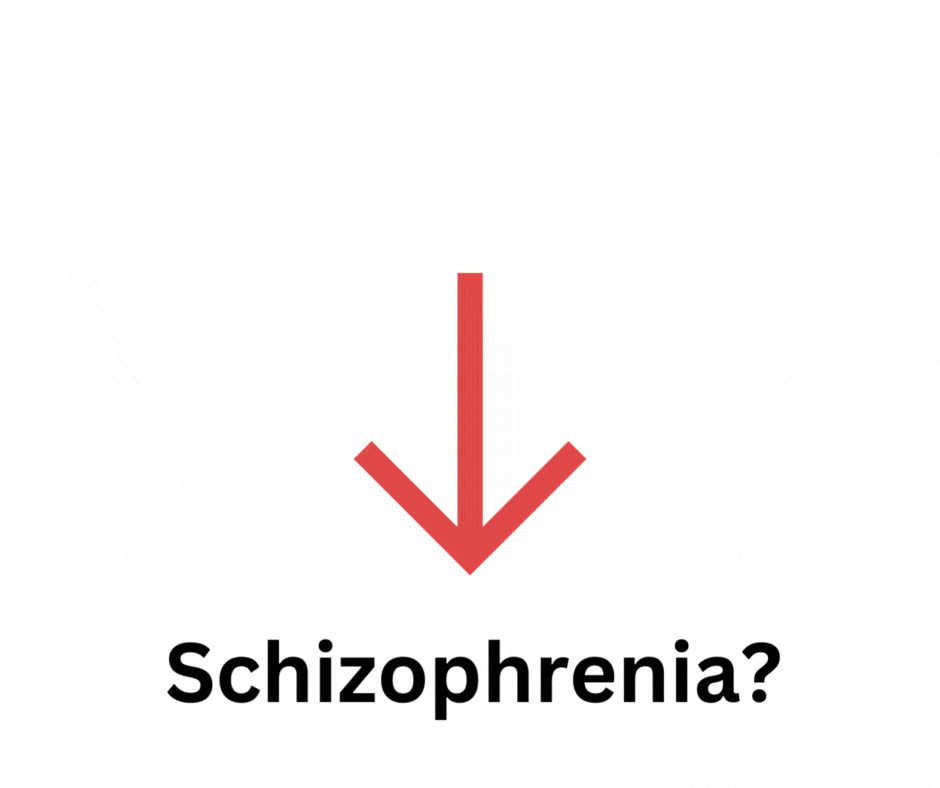Ever considered the link between gluten and schizophrenia?
In recent years, the relationship between gluten and various health conditions has gained significant attention.
One area that has sparked intrigue is the possible link between gluten consumption and schizophrenia, a severe mental disorder affecting millions worldwide.
This article aims to delve into the existing research on the controversial topic, debunk myths, and provide a comprehensive understanding of the current scientific consensus.

Understanding Schizophrenia and Gluten
Schizophrenia is a complex mental disorder characterized by abnormal social behavior, delusions, hallucinations, and severely disorganized thinking.
It affects approximately 1% of the global population, with genetic and environmental factors playing significant roles in its development.
While the exact cause remains elusive, researchers have explored various hypotheses, including the potential influence of dietary factors such as gluten.
Gluten and Celiac Disease
To understand the gluten-schizophrenia connection, it is crucial to differentiate between celiac disease and non-celiac gluten sensitivity (NCGS).
Celiac disease is an autoimmune disorder triggered by the ingestion of gluten, a protein found in wheat, barley, and rye.
It affects the digestive system, causing gut inflammation, malabsorption of nutrients, and a range of associated symptoms.
Individuals with celiac disease often experience mental health issues, including depression and anxiety, but the relationship with schizophrenia remains inconclusive.
Exploring the Gluten-Schizophrenia Hypothesis
The hypothesis suggesting a link between gluten and schizophrenia was initially proposed in the 1950s, primarily based on anecdotal evidence.
It gained further attention in 2010 when a small study suggested that individuals with schizophrenia had higher levels of antibodies against gluten compared to healthy controls.
However, subsequent studies have produced mixed results, with some finding no association between gluten antibodies and schizophrenia.
The Gut-Brain Axis and Schizophrenia
Emerging research on the gut-brain axis suggests a potential mechanism for the gluten-schizophrenia hypothesis.
The gut microbiota, the diverse ecosystem of microorganisms residing in our intestines, plays a crucial role in maintaining overall health, including brain function.
It is thought that disturbances in the gut microbiota, such as alterations caused by gluten, may impact brain function and potentially contribute to mental health disorders like schizophrenia.
However, more research is needed to establish a direct causal relationship.
The Role of Gluten-Free Diets in Schizophrenia Treatment
While there is limited evidence supporting a direct link between gluten and schizophrenia, some individuals with schizophrenia may experience improvements in symptoms by adopting a gluten-free diet.
These improvements are likely attributed to the placebo effect, the elimination of specific food triggers, or the overall improvement in diet quality.
It is important to note that such dietary changes should be made under the supervision of a healthcare professional to ensure balanced nutrition.
The Importance of Evidence-Based Recommendations
As health and wellness professionals, it is crucial to base recommendations on scientific evidence.
While the gluten-schizophrenia hypothesis is intriguing, the current body of research does not provide robust evidence supporting a direct link.
It is vital to educate individuals about the potential benefits of a healthy, balanced diet and the importance of individualized dietary approaches based on their specific needs and conditions.
Conclusion
In conclusion, the link between gluten and schizophrenia remains a controversial topic within the health and wellness industry.
While some studies suggest a potential association, the evidence is inconclusive and does not provide a strong basis for making broad dietary recommendations.
It is essential to consider the individual needs, preferences, and conditions of each person and to encourage evidence-based approaches to diet and mental health.
